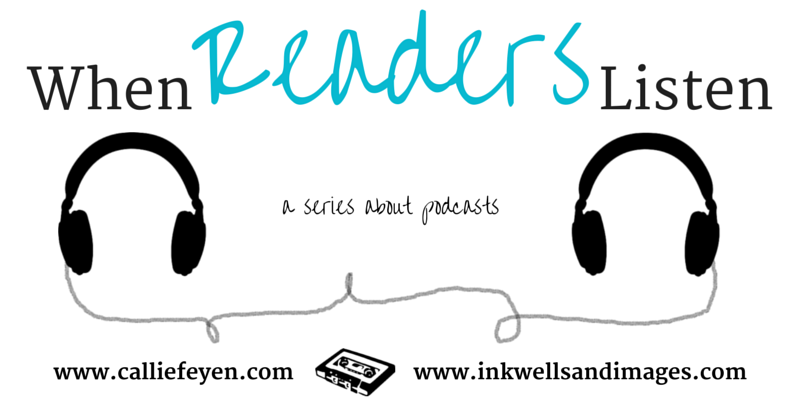Last month in the first blog of this new series, I confessed that I was not a podcast listener. I had tried to listen to them in the past and it just didn’t work for me.
Now? A month later, I am a podcast listener. I’m pretty sure it’s entirely because of the Greenlight Bookstore Radio Hour (their interview with Elizabeth Gilbert may be one of my favorite things on the planet these days).
So, I was really looking forward to our next installment of the When Readers Listen podcast series.
And I was a little disappointed.
The Longform Podcast episode #148 is an interview with Anna Holmes, the founding editor of Jezebel. Holmes currently writes for The New York Times and is the editorial director of Fusion. This episode was title “Outrage Culture” and I was hoping for a discussion about just that: the odd, sometimes justified-sometimes not outrage culture in which we live.
And they only talked about that for maybe seven minute at the very end of the episode.
I love hearing about Jezebel’s first days and the ways in which the site challenged old media outlets to change the way they discussed mainstream topics, but I feel like the title of the episode was completely misleading. It wasn’t an episode about outrage culture: it was an episode about Jezebel, the career of Anna Holmes, with a little dash of outrage culture thrown in.
That said, there were still some good quotable from this episode, especially concerning the section actually about outrage culture:
“[outrage culture] wasn’t as pronounced when I [Holmes] was around … I think that Jezebel contributed to what I now call ‘outrage culture,’ but outrage culture has no sense of humor. We had a hell of a sense of humor, that’s where it splits off. … The fact that people who are incredibly intelligent and have interesting things to say aren’t given the room to work out their arguments or thoughts because someone will take offense is depressing to me.”
One thing that Holmes does mention is that in 2008 when she was running Jezebel, there were never any threats directed at her because she was a woman – not like there is now with things like Gamergate. When asked by host Aaron Lammer why she thought this was, her initial answer was “I don’t know.” She then went on to say that it was because gender issues and gender politics weren’t a mainstream idea, and that once they became mainstream, men were having to deal with them and they didn’t want to – so they went on the offensive as opposed to just ignoring it as had been the case.
It was an interesting concept to me: I’d not thought about these sort of attacks as being purely because the issues were out in the open more than before. I just hadn’t considered it.
And now I am.
It might take a while for me to digest this, to really mull it over and decide what I think about, but the podcast was worth listening to for that one thought-provoking nugget, if nothing else.
And that was the extent that outrage culture was discussed in a podcast titled “Outrage Culture.”
It was such a brief time period that I didn’t even have notes to show you like last time.
And just like last time, I’m listening and writing alongside Callie Feyen. I’m curious to read what she has to say about the differences between the title and the content, and if there even was a break in there for her – or whether or not it mattered to her! Maybe I’m just stuck on something miniscule. :)
What’s your favorite podcast that you’ve been listening to lately? Should I give it a go?


Leave a Reply